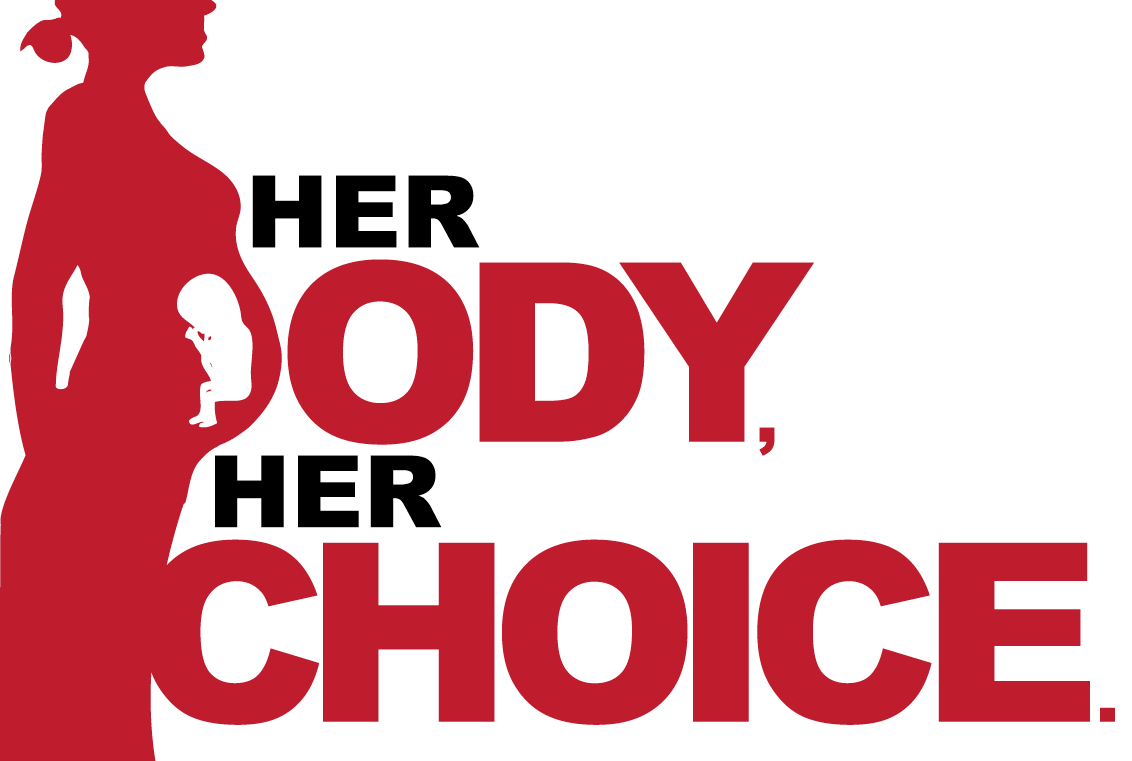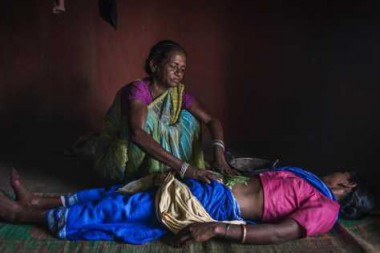
Some days earlier I read about a girl from Gujarat in a Bengali magazine. She was kidnapped and gang raped continuously for more than 8 months and very obviously got pregnant but somehow she fleed from captivity and get back to her relatives. But her in-laws and her own family refuse to accept her until she gets rid of that unwanted child. By that time she was 28weeks pregnant, but for getting acceptance form her close relatives and moreover from the society she went to the lower court to get the permission to abort the 28weeks fetus, which is illegal(accordin
So you are wondering why I mention this incident as an introduction to my article. Before answering that I would like to ask all of you a question:
Have you ever heard about an abortion in your family or among friends? Maybe you never, or maybe once or twice, (which is unlikely to happen) probably you never heard of it even in your closest circle. Let me tell you it’s not because abortions aren’t common in India but it’s because we consider it as a matter of social shame and treat it as a “hush hush” story. Although it’s legal in India but a safe abortion procedure in a cost effective way, where your privacy is secure, somehow is very hard to get. So a large number of under- privileged women mainly from rural areas opt for easier and cost effective options like midwives who conduct unsafe methods of abortion. According to the latest data, Unsafe abortions are killing a woman every two hours in India.


However there is a long debate between political parties, religious groups and Women’s Right organisation regarding abortion, first consider it as murder and the later voiced it’s opinion in favour of the right of women to their body. When the act of safe abortion passed in 1971 in India, there wasn’t must opposition from any such religious or political bodies. And thus, the Medical Termination of Pregnancy Act 1971 stands as a prominent example of liberal thought of our judiciary system.
According to Medical termination of pregnancy Act 1971, abortion in India is legal up to twenty weeks of pregnancy by registered medical practitioner under specific condition such as:
a. The continuance of the pregnancy would involve a risk to the life of the pregnant woman or of grave injury to physical or mental health. or,
b. There is a substantial risk that if the child was born, it would suffer from such physical or mental abnormalities as to be seriously handicapped.
In early 70s India passed this progressive act, where an adult woman can go through a safe abortion process based only on her will, she doesn’t need any approval from other persons. It’s a woman’s right to her body, to her life, the right to her reproductive and sexual health, she has the utmost right to reproductive choice. Most of the countries have recognized these basic fundamental rights of every woman.


In the path of recognizing sexual and reproductive freedom of women, a landmark decision was taken by the United States supreme court in the case of Roe v Wade. This historical landmark case divides the entire world into two camps ” pro-life” and ” pro-choice” forever, changed the political scenario of United States and most significantly extended a woman’s right to privacy. On 1973 the Supreme Court of United States put forward a declaration that established most laws against abortion violate a constitutional right to privacy of a woman, the decision also established a system of trimesters to balance the state’s legitimate interests with the individual’s constitutional rights. The court ruled that the state can’t restrict a woman’s right to an abortion during the first trimester, the state regulates the abortion procedure during the second trimester when there arise a question about the health of the mother, and in the third trimester, the court can choose to restrict or proscribe abortion.

In the Indian context, there are similar cases over which our judiciary repeatedly championed women’s right, but a sensitive issue like this always demands extra care, a zone where the right of a woman to her body and the right to live of an unborn child collides decisions have been taken cautiously each and every time. Although MTP act doesn’t directly protect the unborn, but the protection comes in some cases as the by-product of the protection given to the mother.
a. Rajeswari vs State Of Tamil Nadu And Others: this case was of an unmarried girl of 18 who appealed for the court’s permission to terminate her pregnancy as I t was a result of a rape, and bearing the child made her mentally ill. As the pregnancy was caused by rape. The court granted permission to terminate the pregnancy.
b. Dr. Misha Malviya and Anr. Vs. State of M.P: In this case the accused raped a minor 12 years old and made her pregnant. The allegations are that two other co- accused took the girl, and terminated her pregnancy. So the charges on them are firstly causing miscarriage without the consent of the girl or her parents (as she was a minor in this case). The court held all the three accessed guilties of termination of the pregnancy which wasn’t consented by the mother.
So it’s fall under the category of basic human right to every woman. But according to the outcome of different researchers, it seems unsafe and fatal abortion procedure outnumber the basic right of every woman to get a safe medical advice and specialised process. Very few number of women have actually an access to safe abortion. A Lancet paper in 2007 said there were 6.4 million abortions, of which 3.6 million or 56 per cent were unsafe.
Now let’s take a look at the other side of the coin.
Without social evil like gendercide or female infanticide, a large number of abortions take place as because the girl isn’t married, even if she wants to continue her pregnancy but indirectly forced to face abortion because she fears social disapproval. But I believe if a female is financial, ment
I believe if a day comes when even an unmarried girl, a woman with a female fetus inside of her, can give birth to a new life with dignity and acceptance, that day in true sense we are respecting a woman’s right to choose. I desperately want to see a society who stands beside a girl who wants an abortion with support and care, and also beside the other girl who chooses to give birth, without any sort of social stigma.






